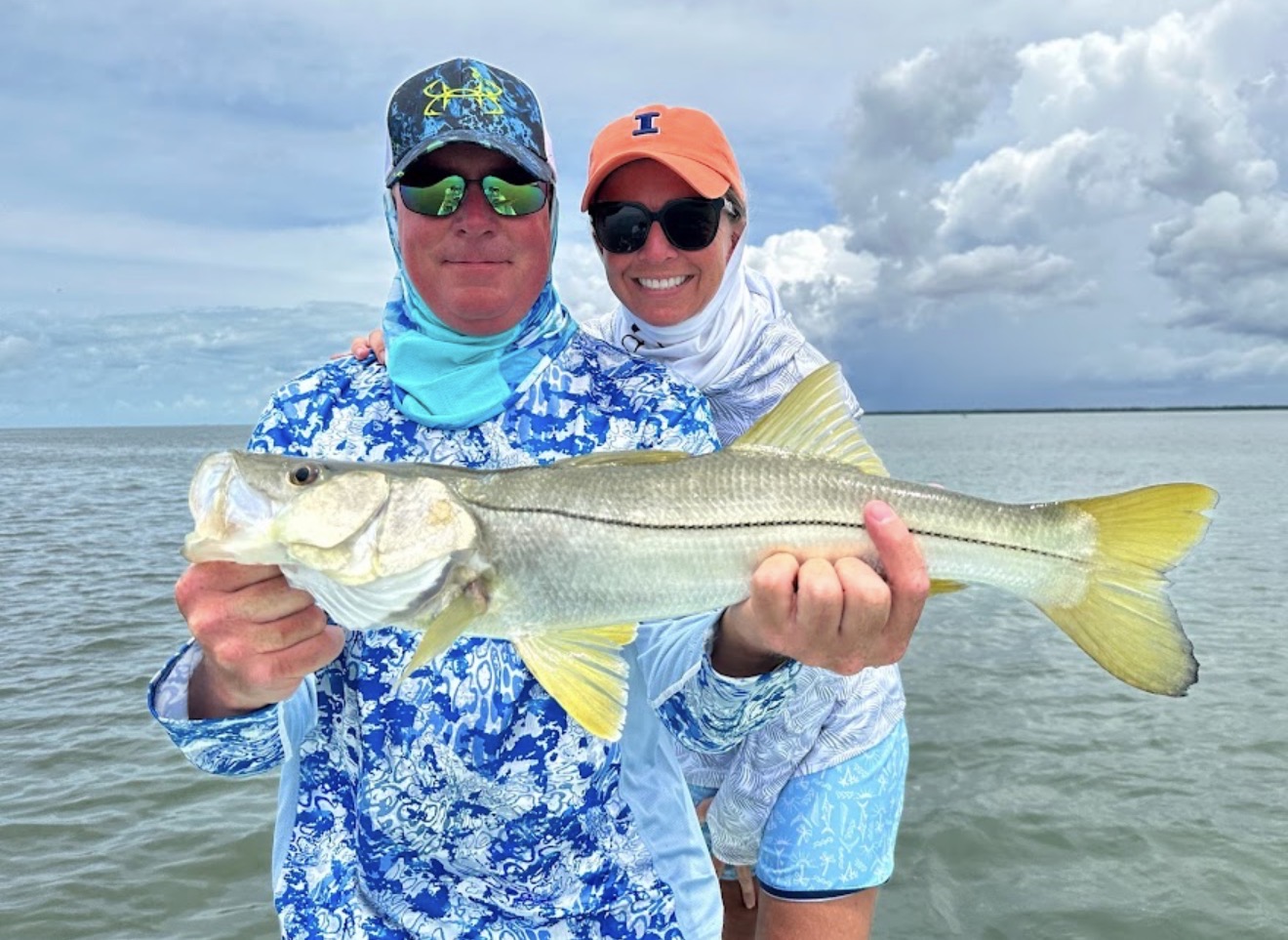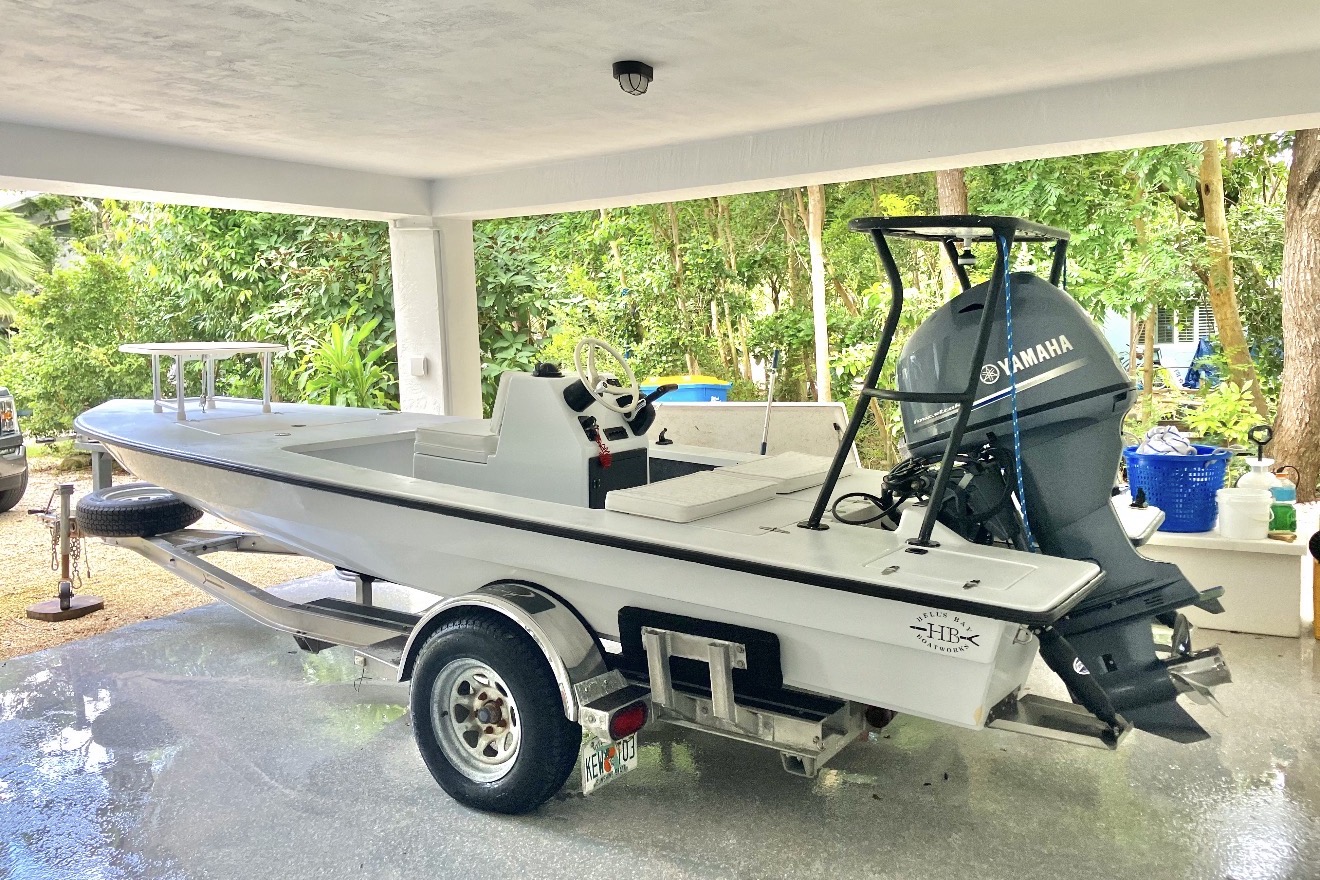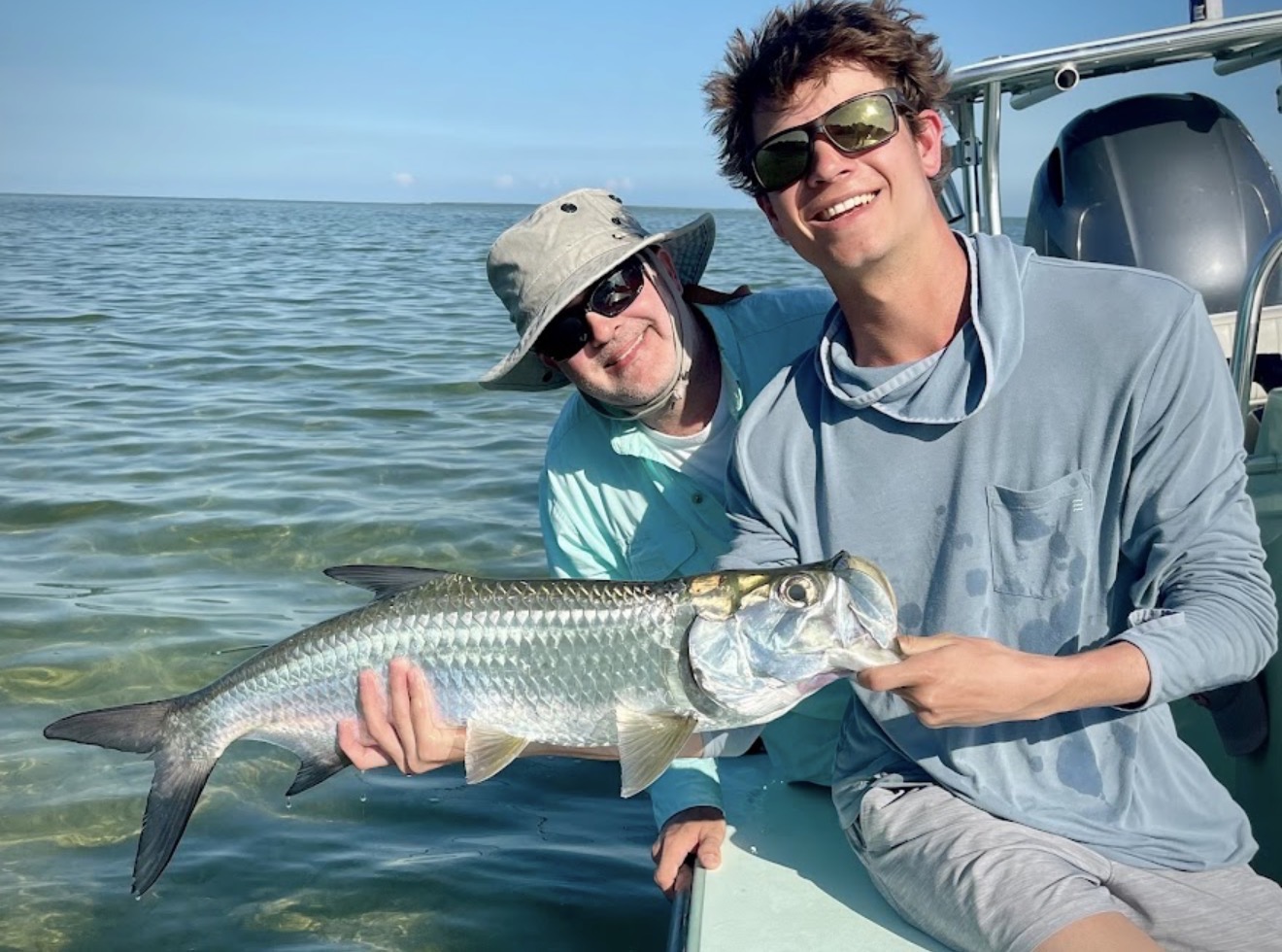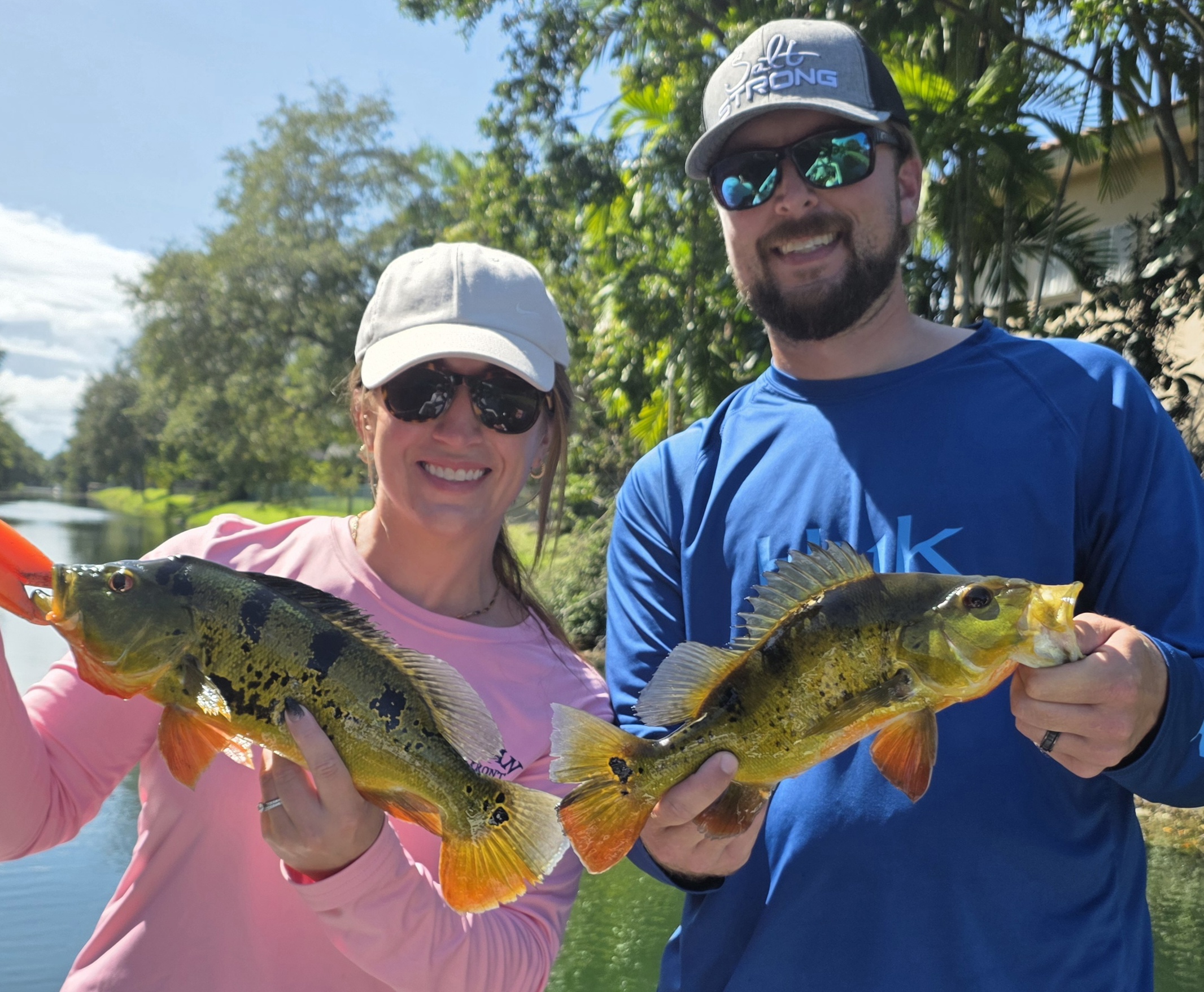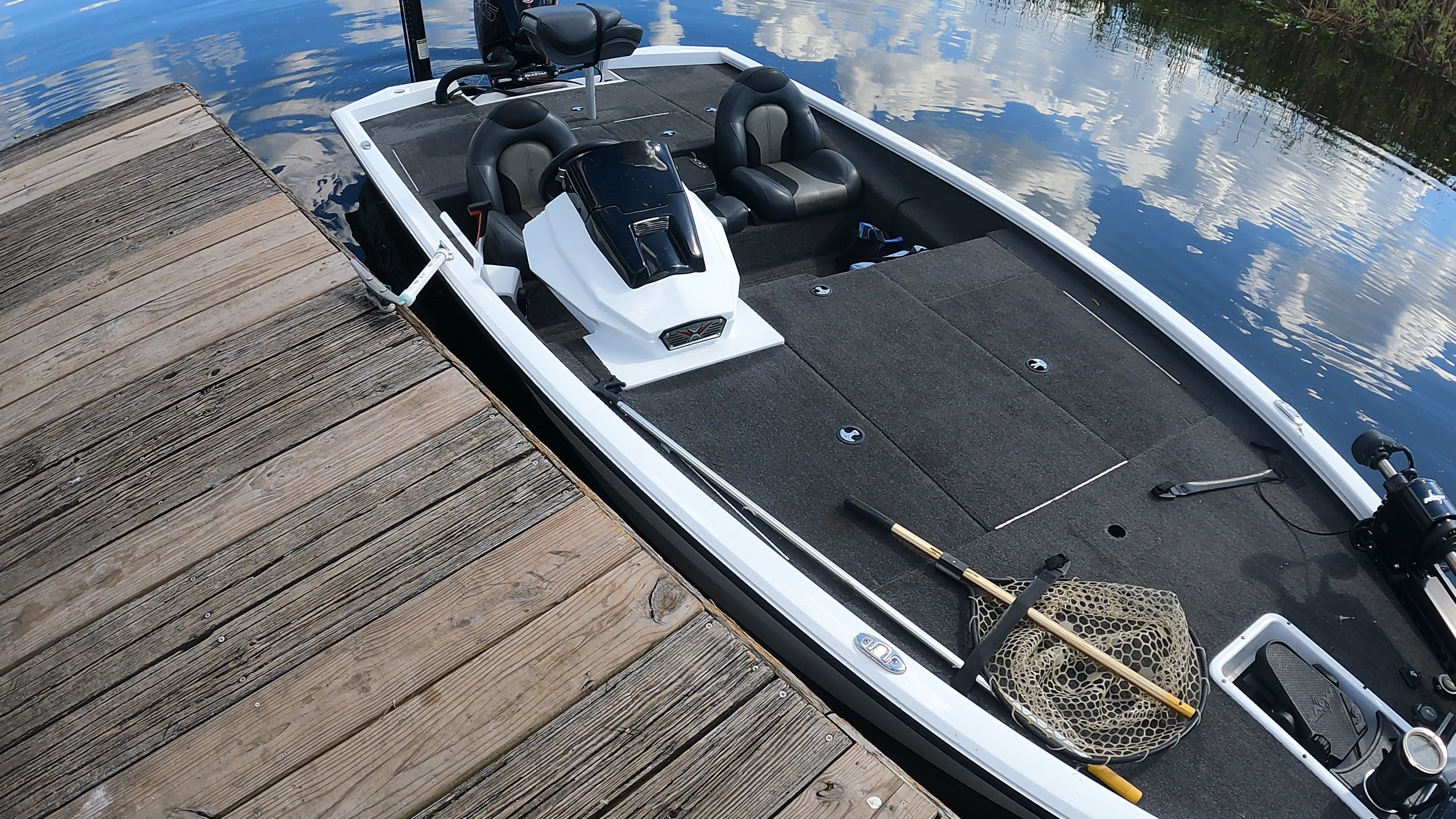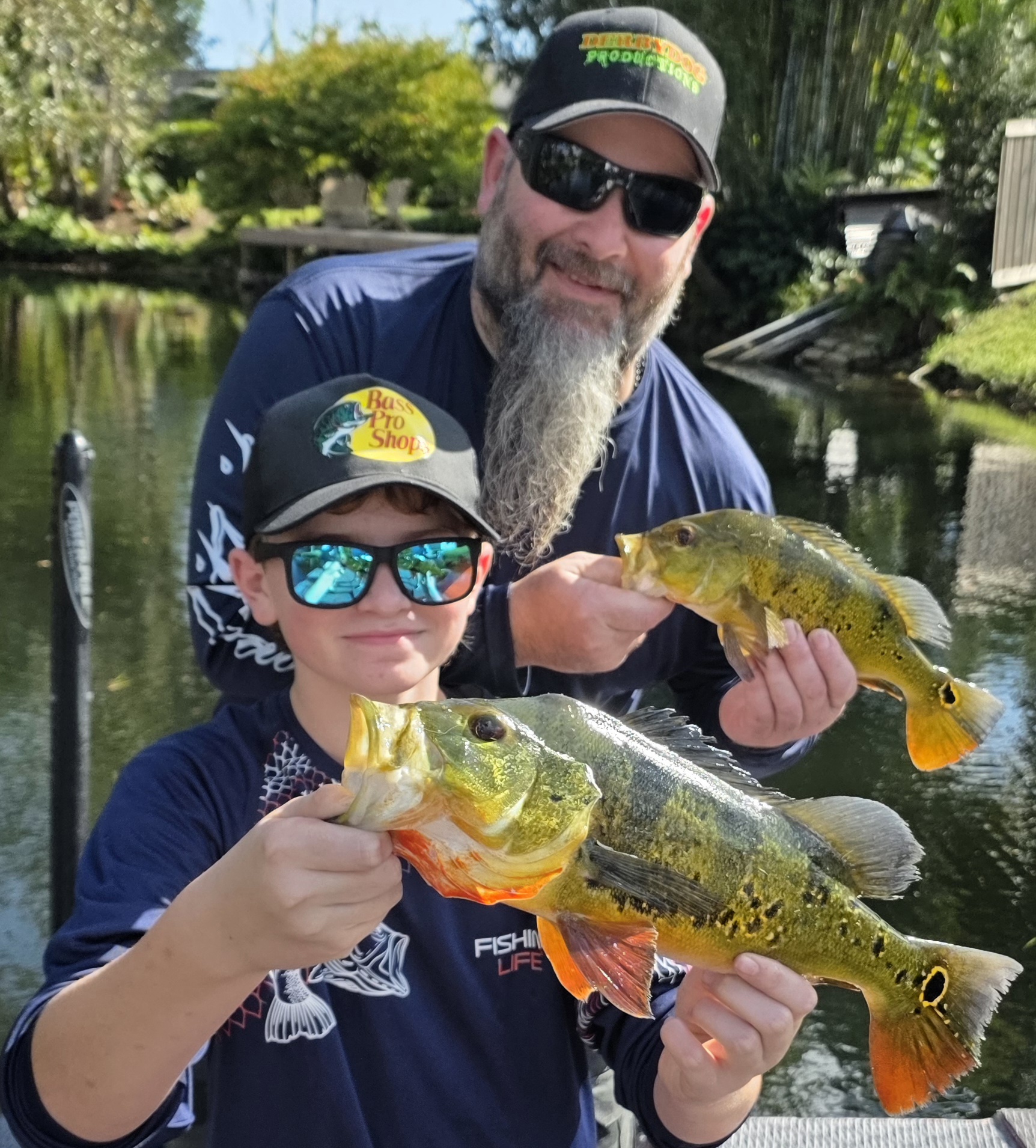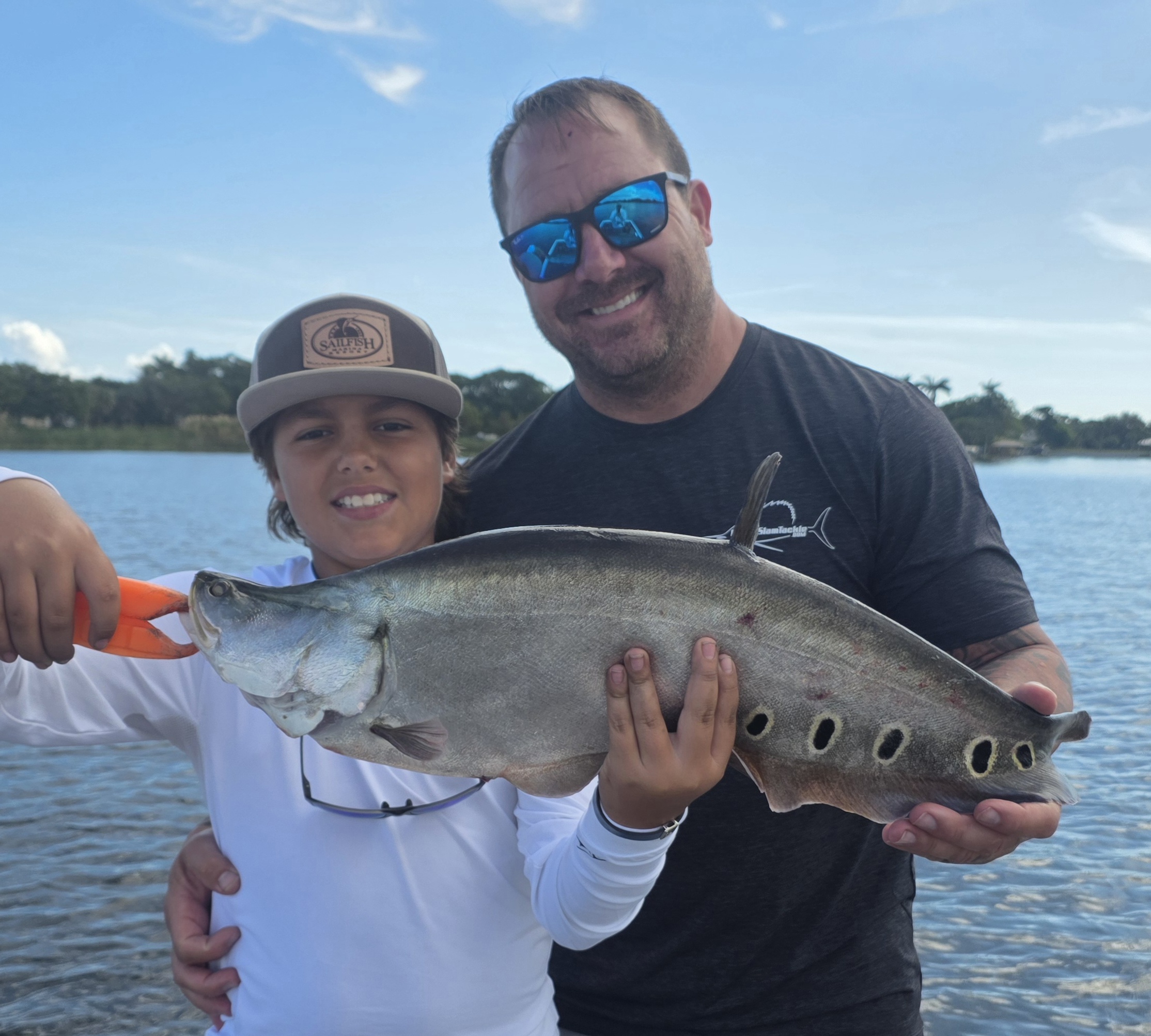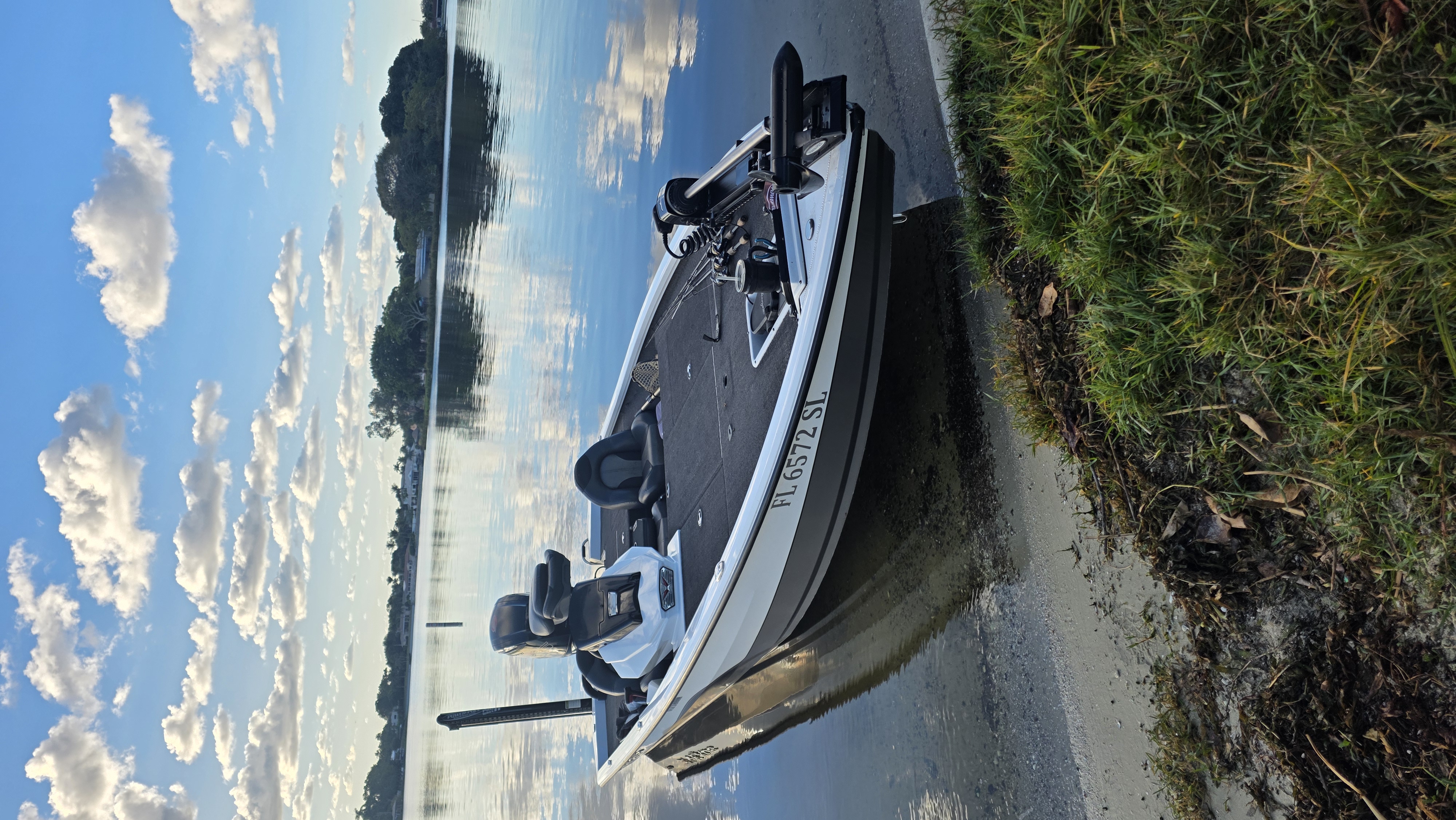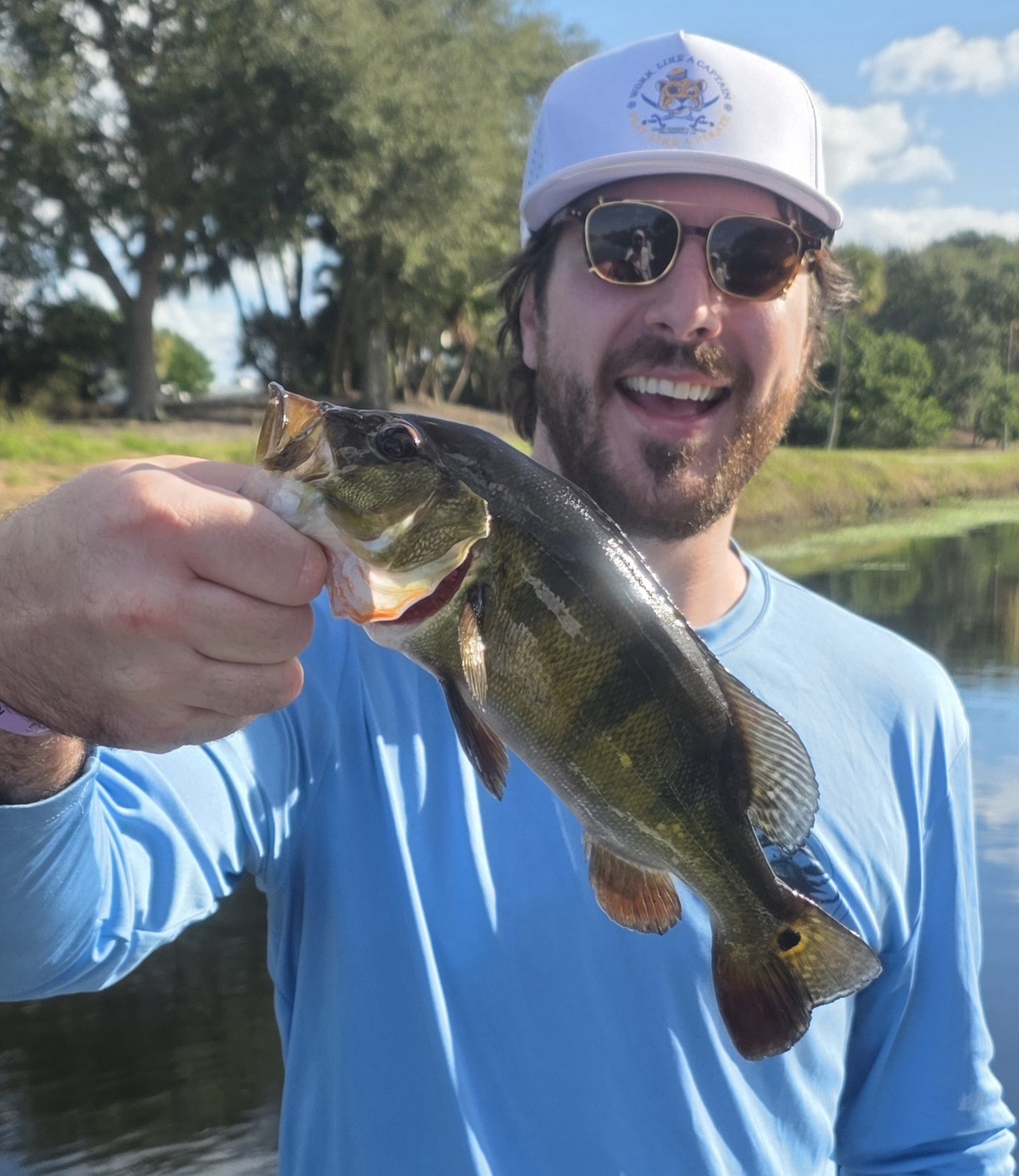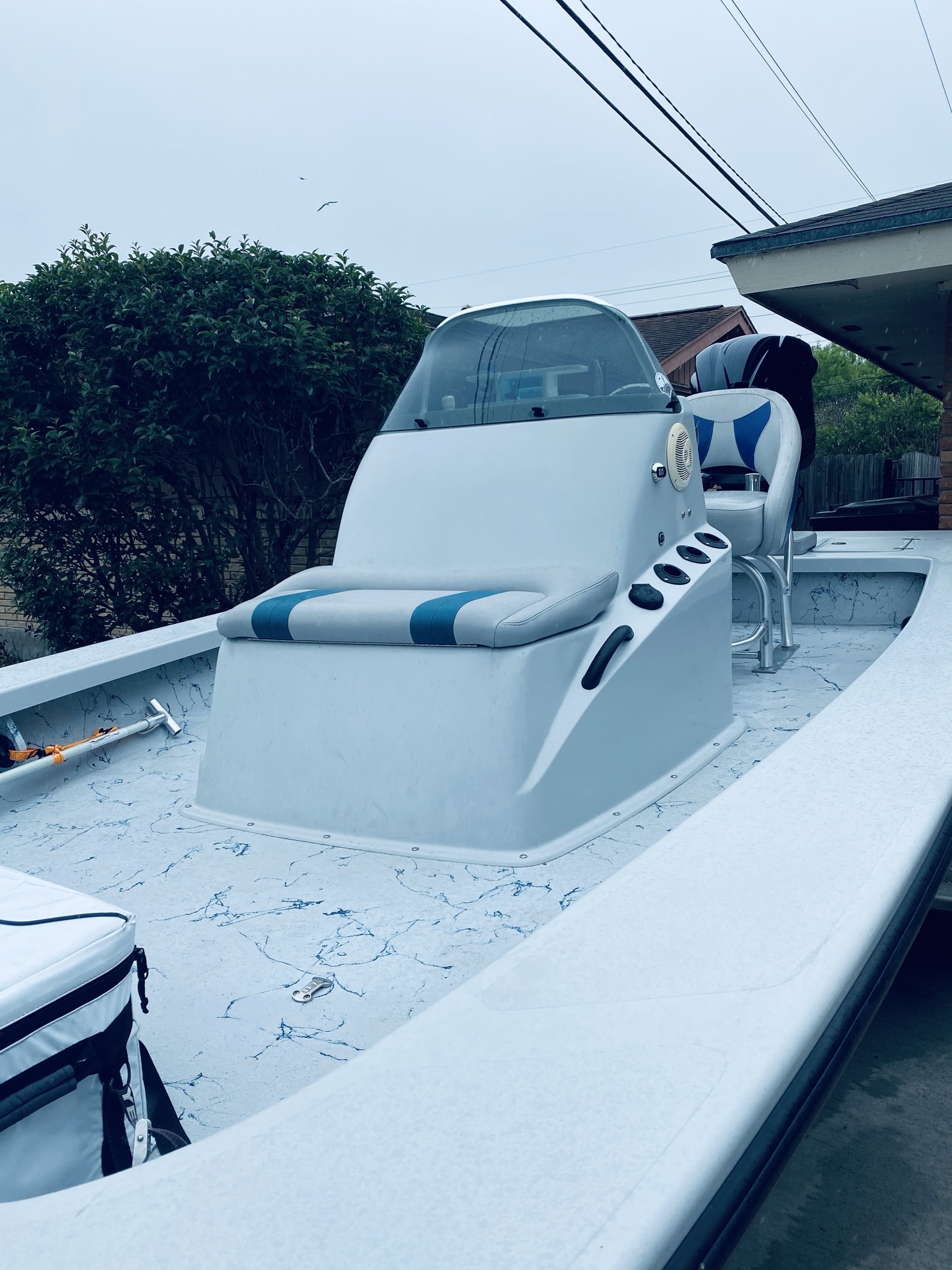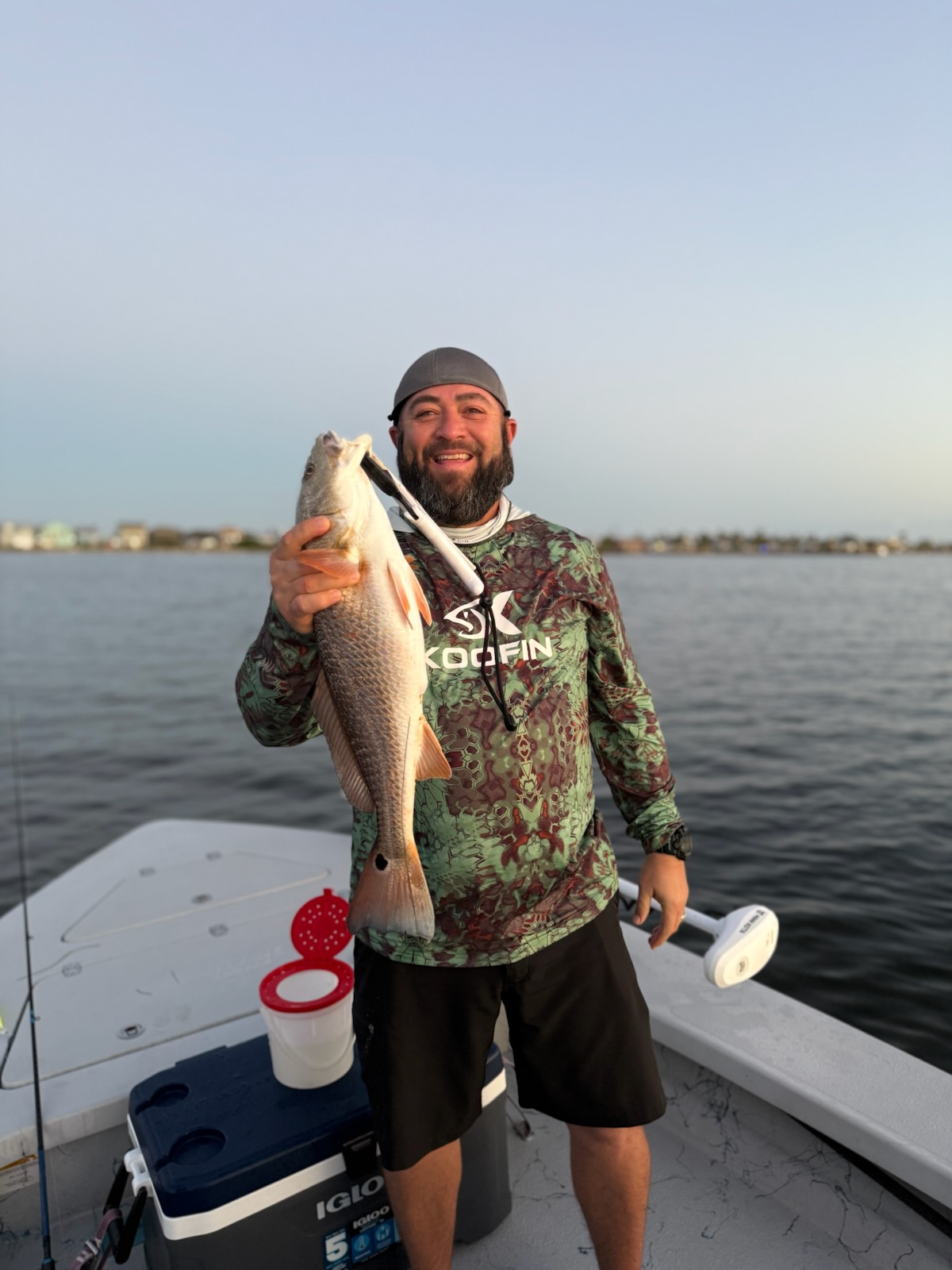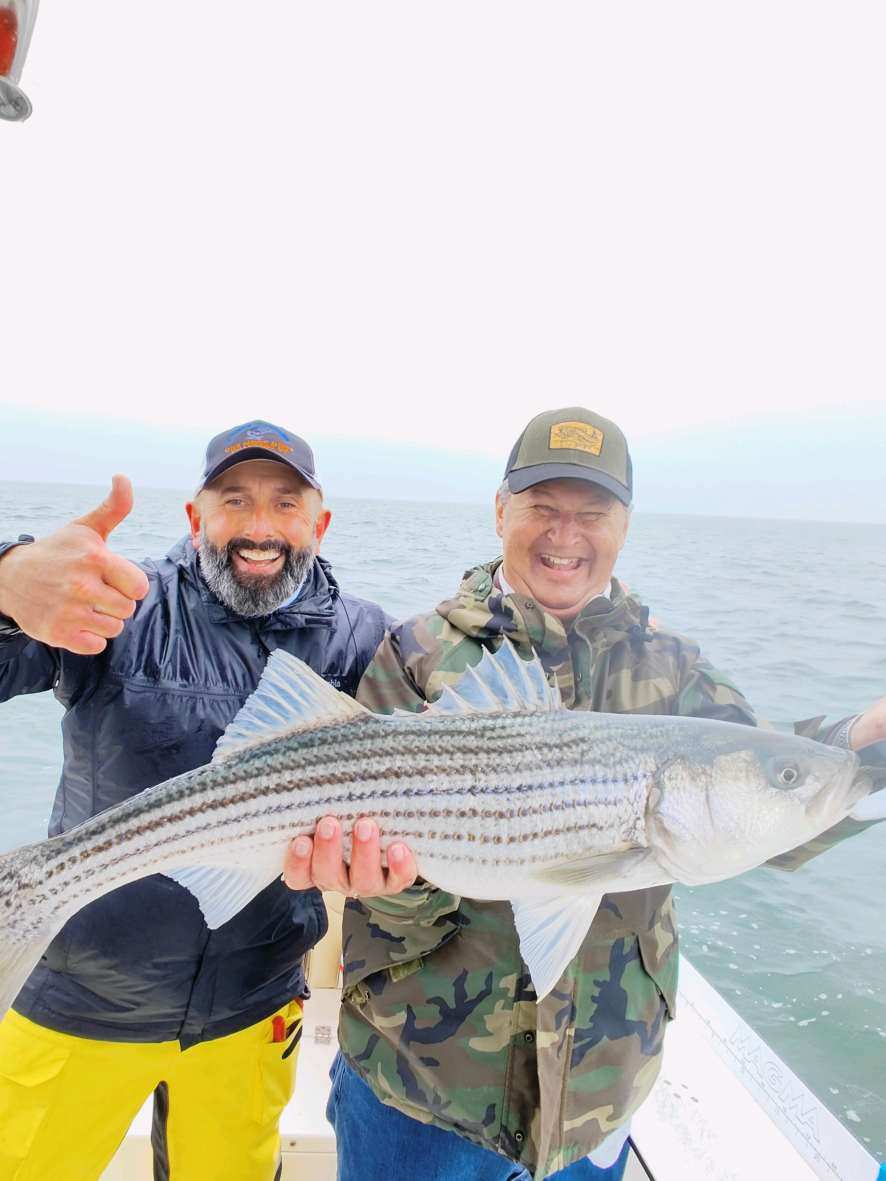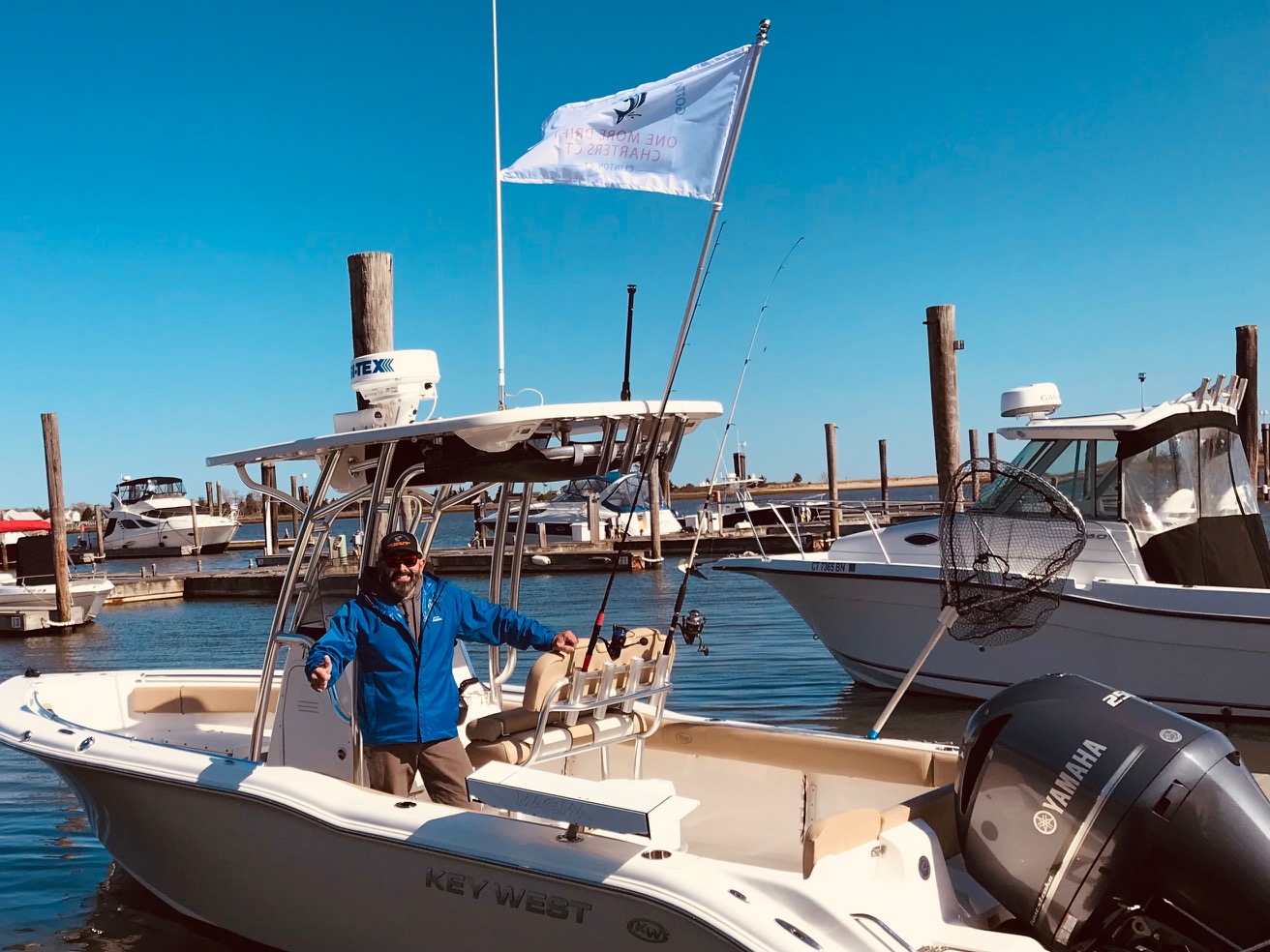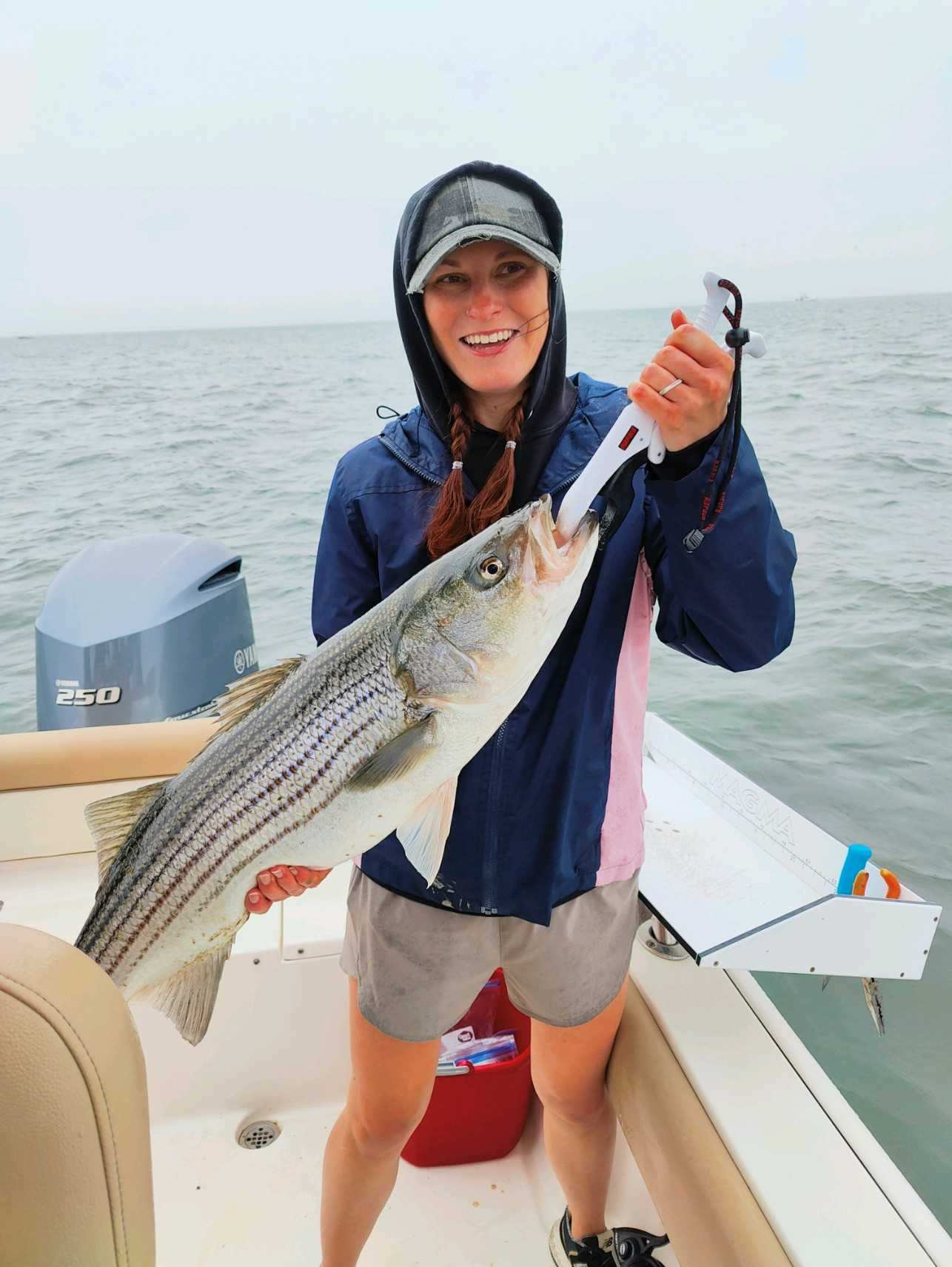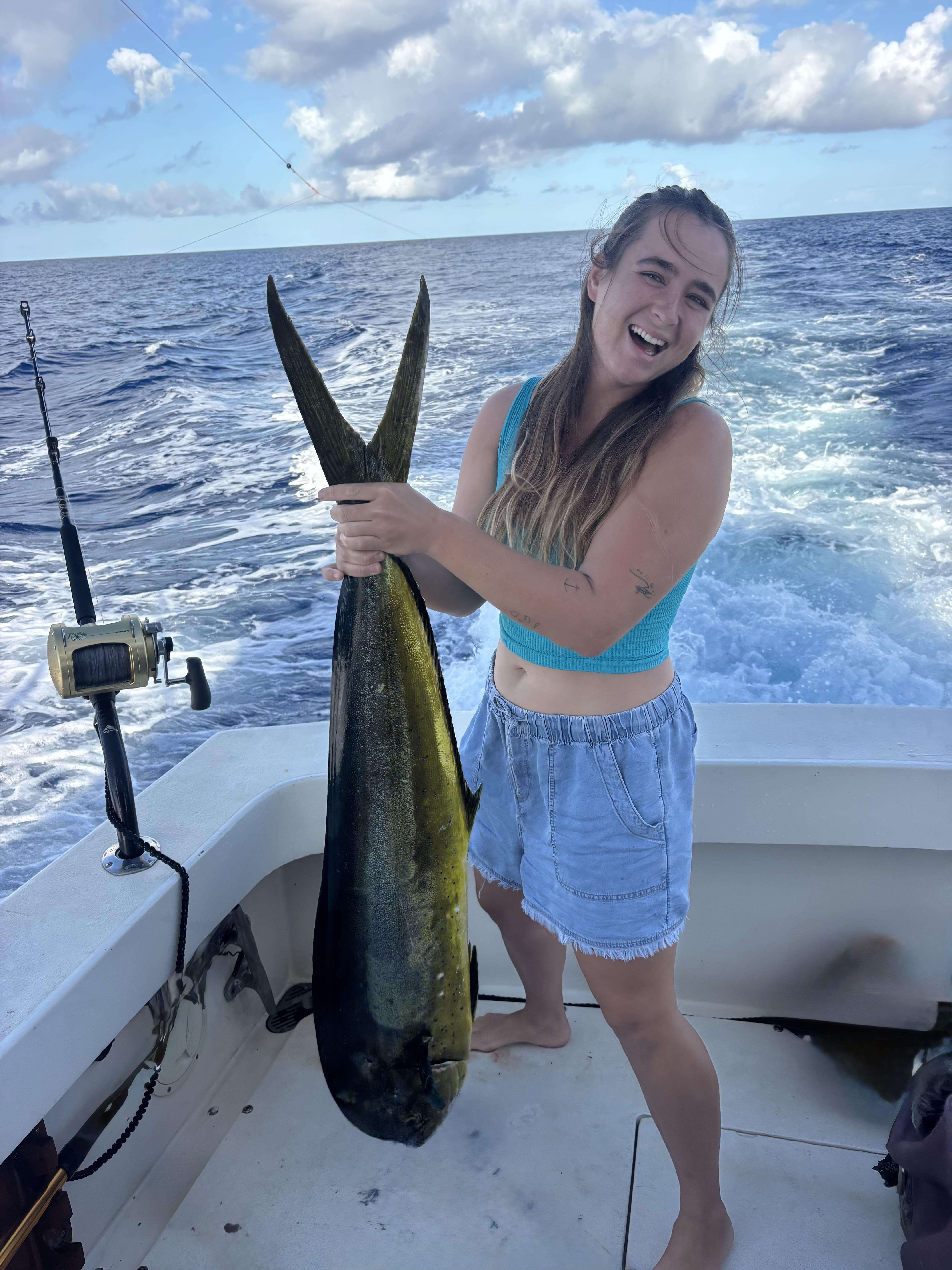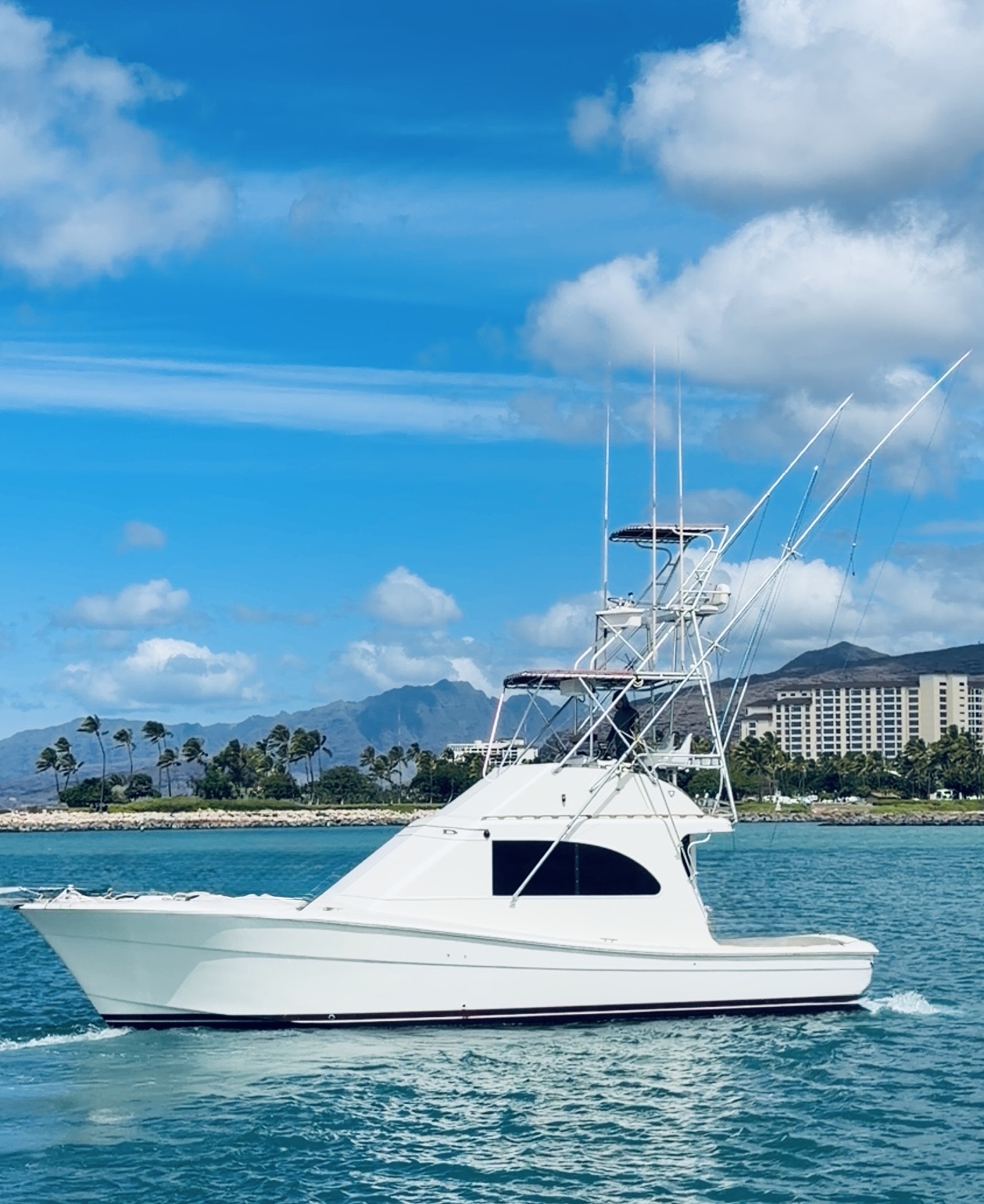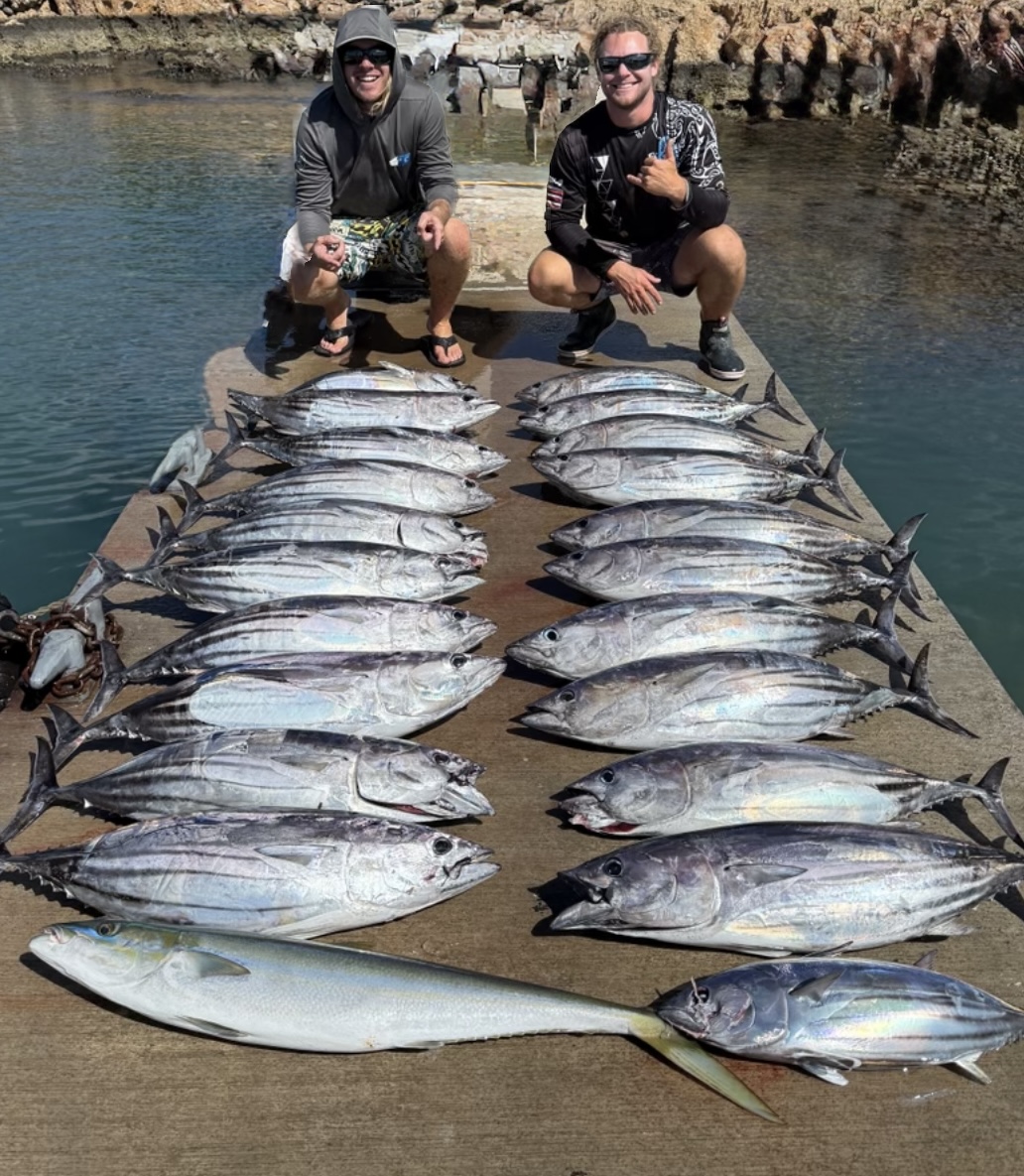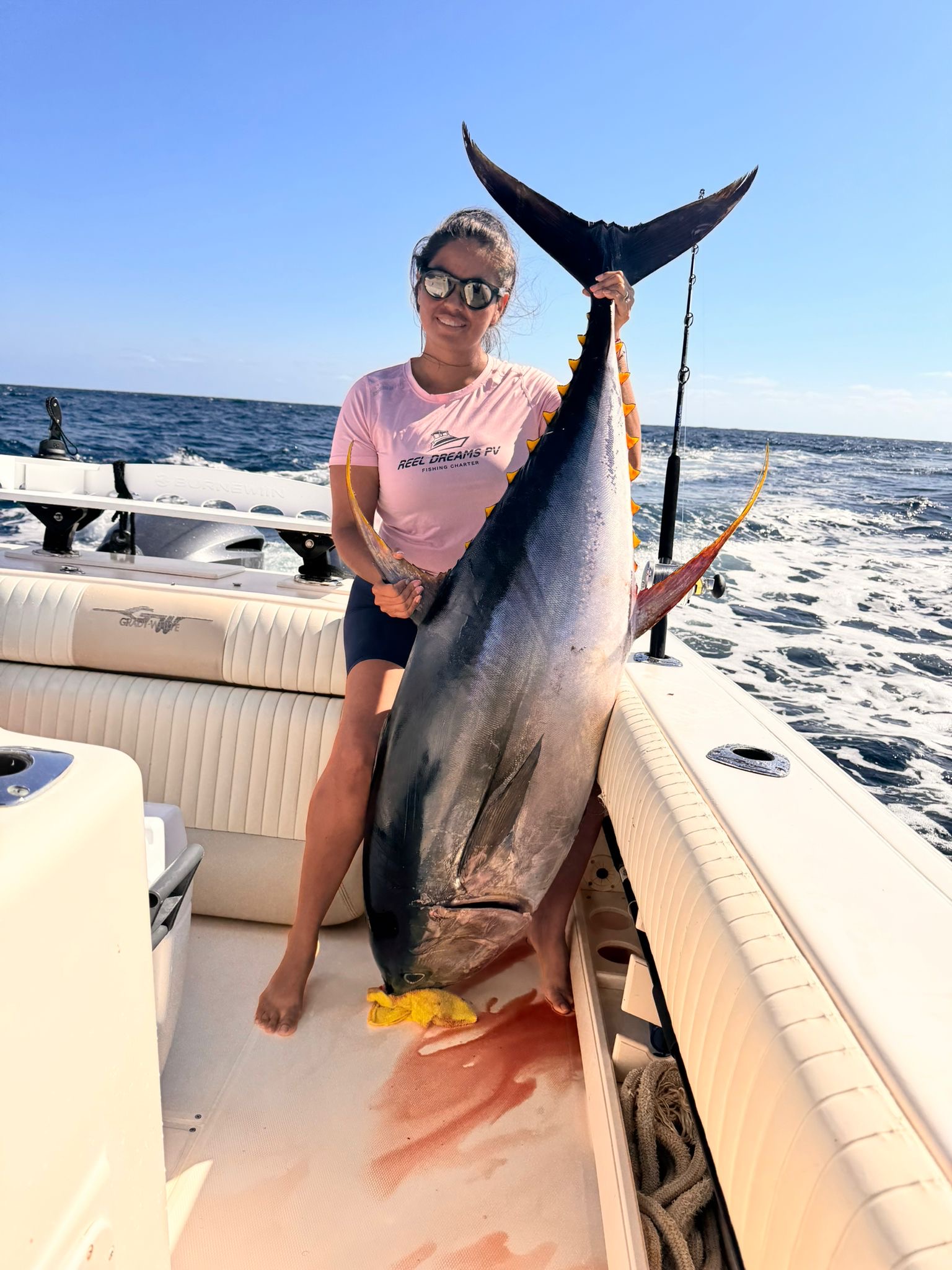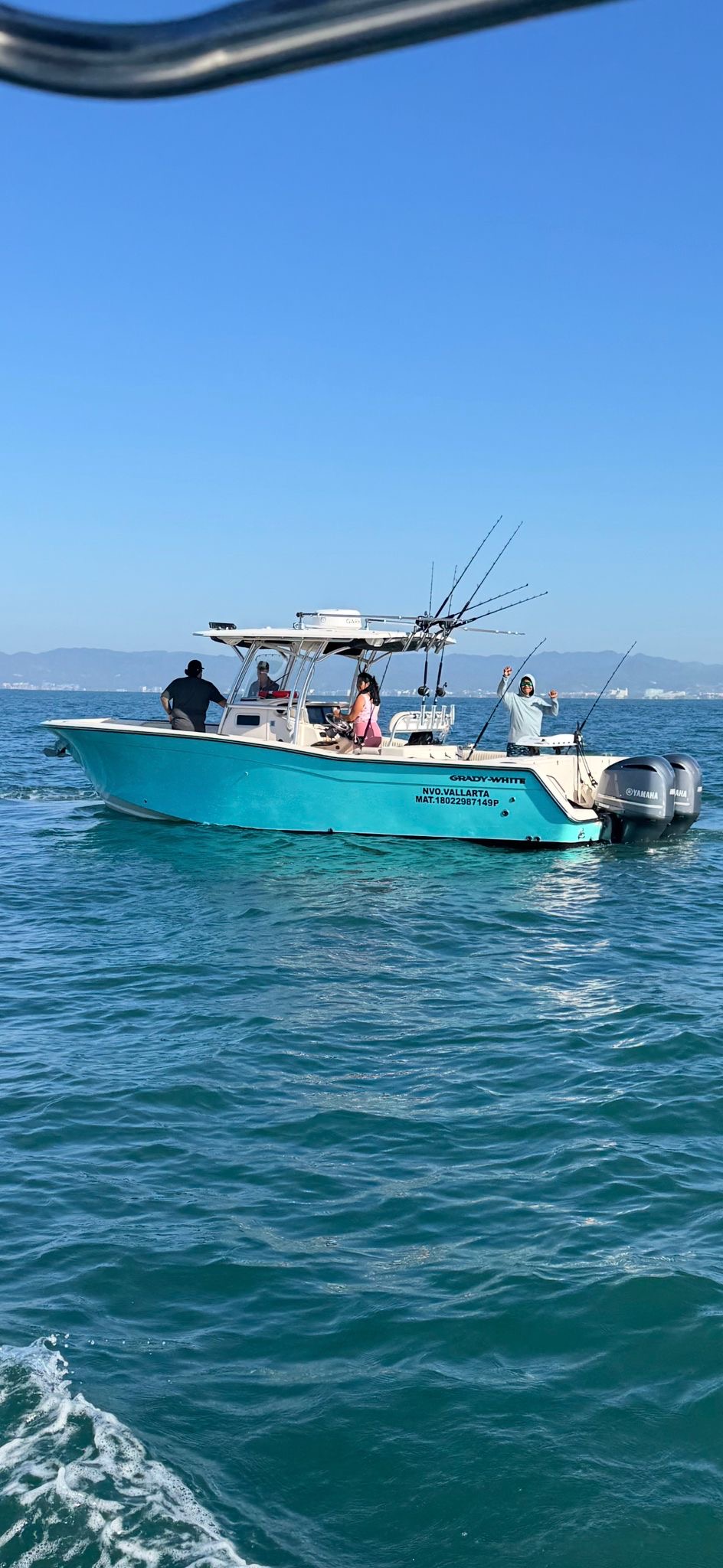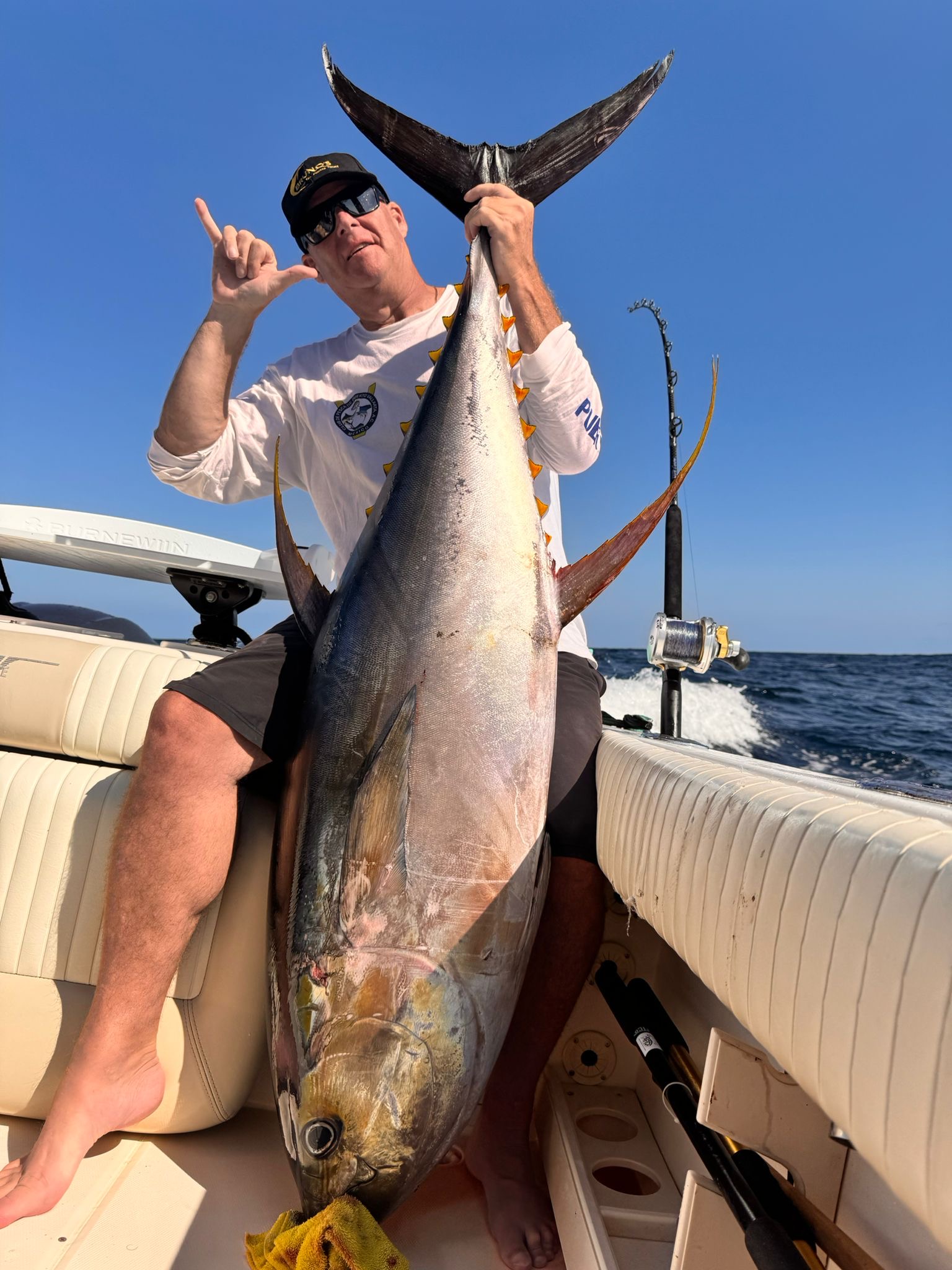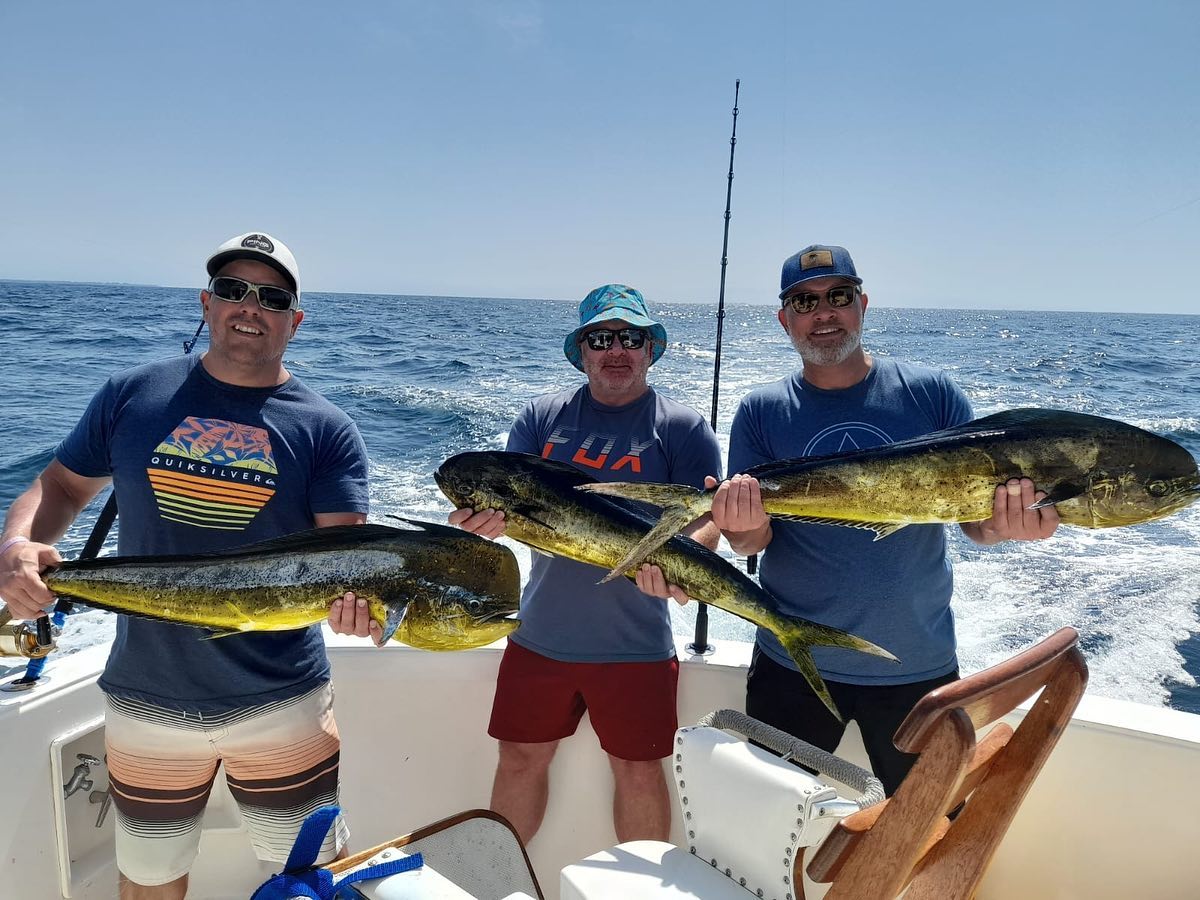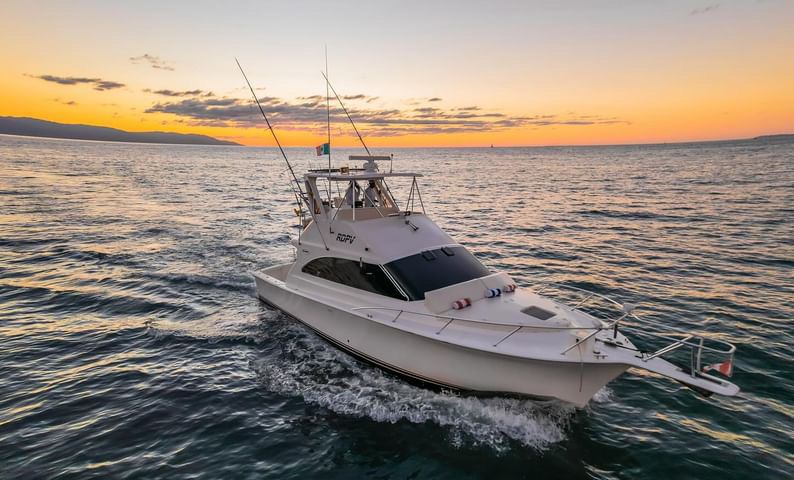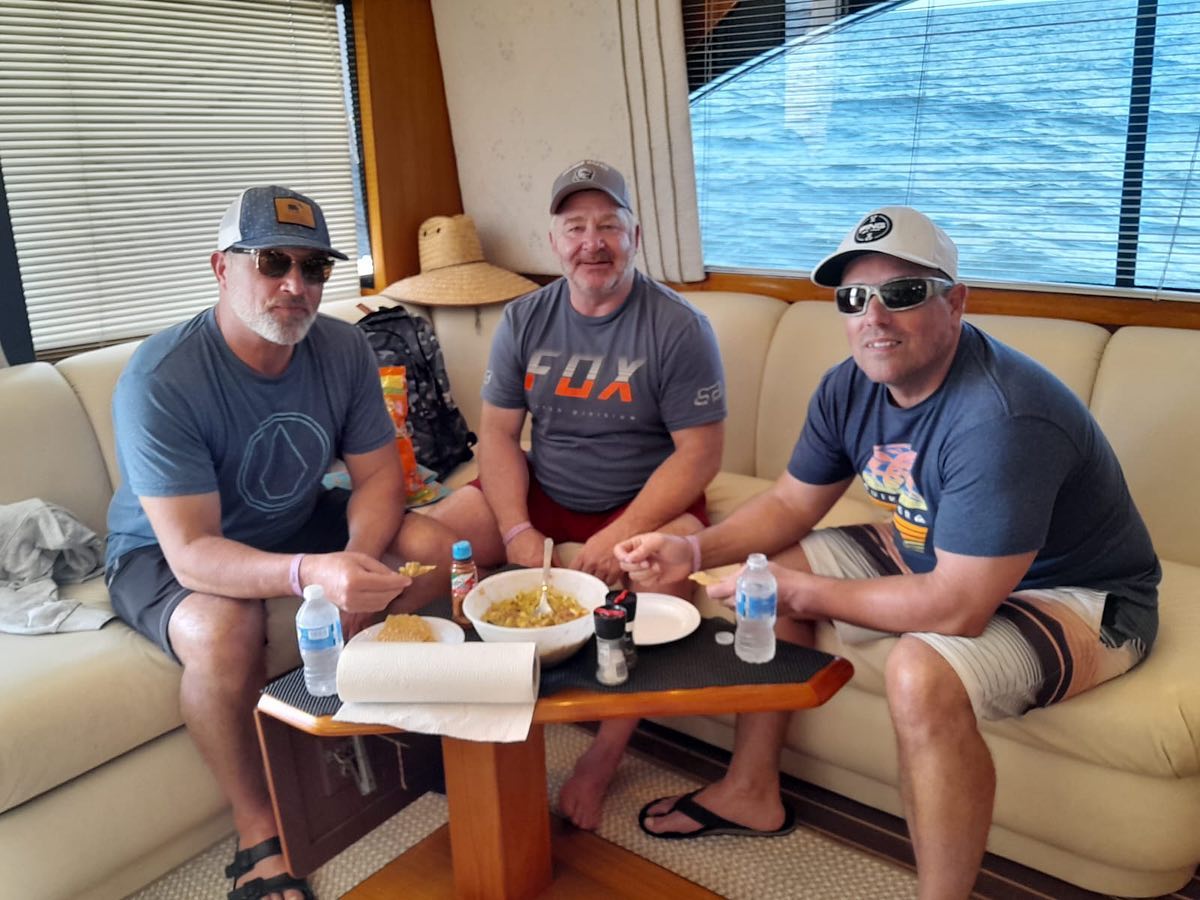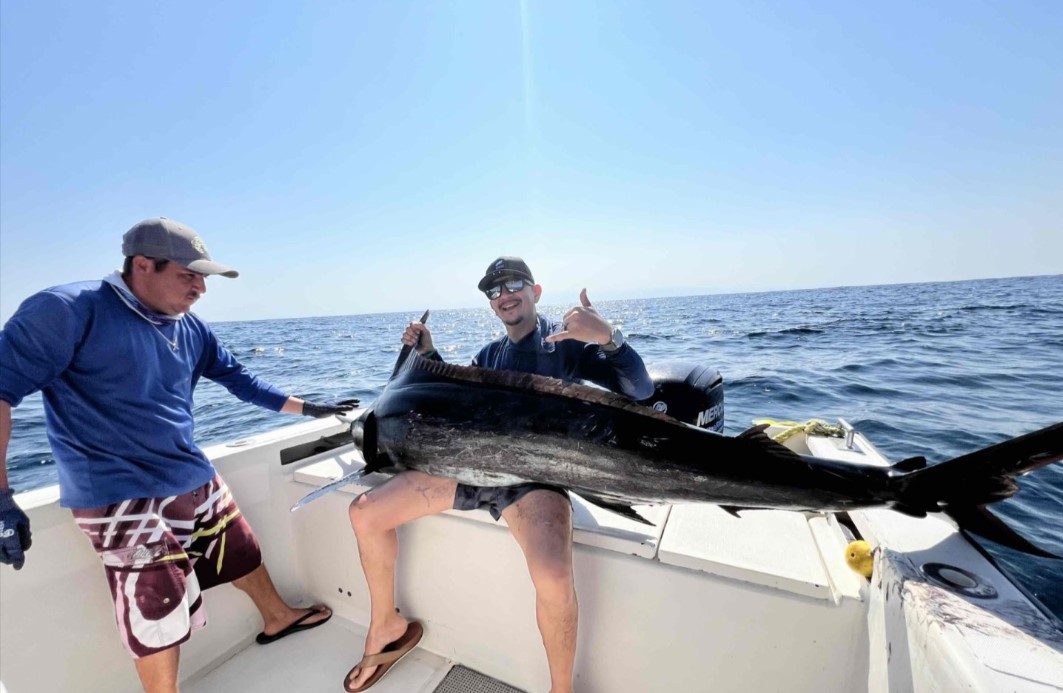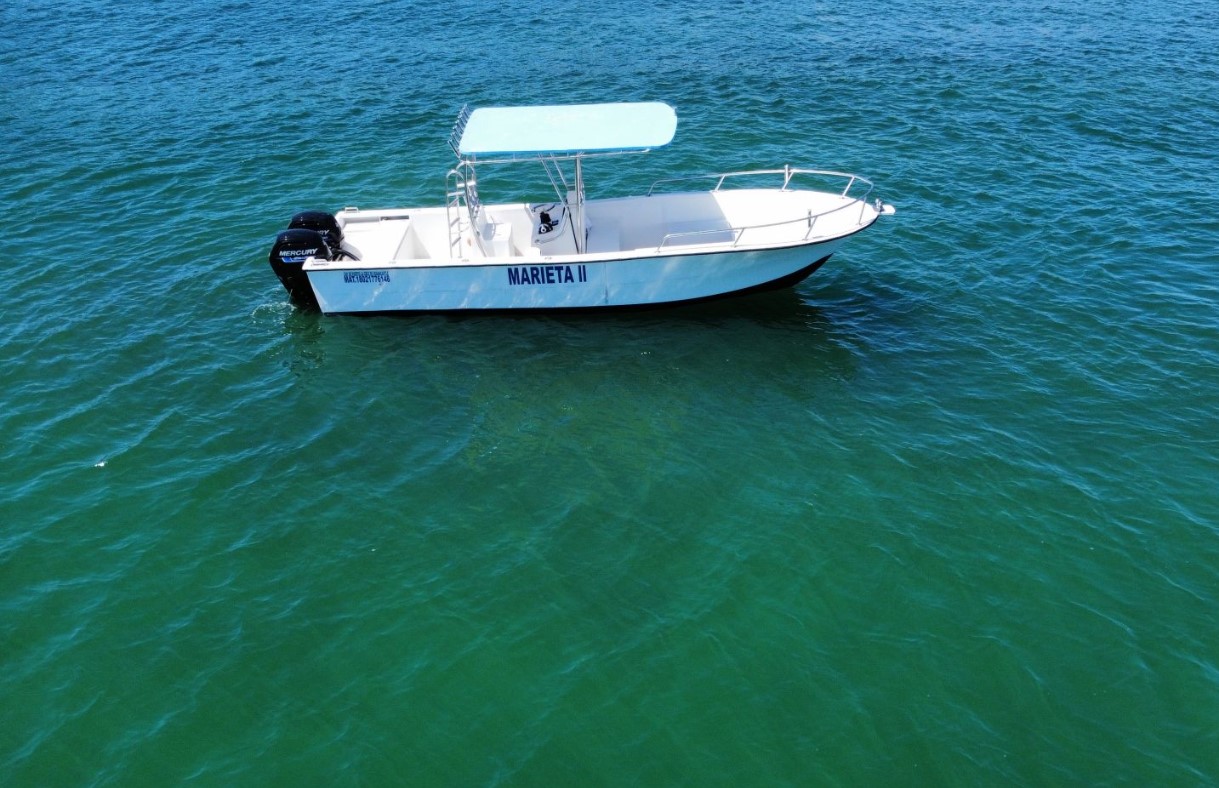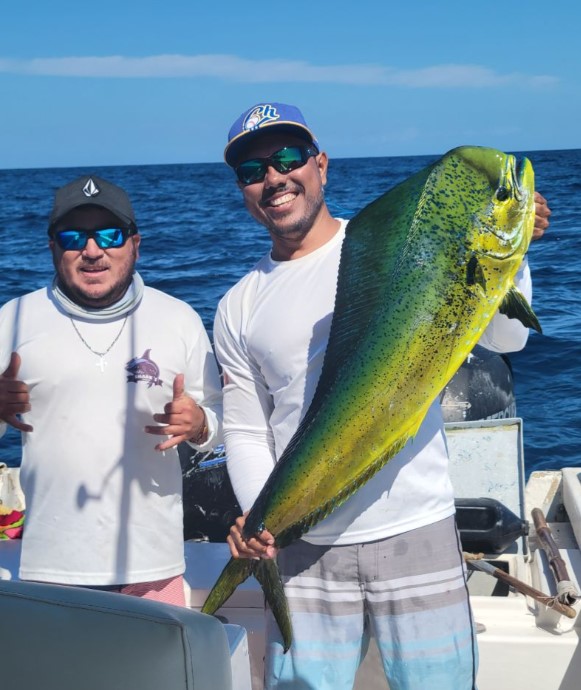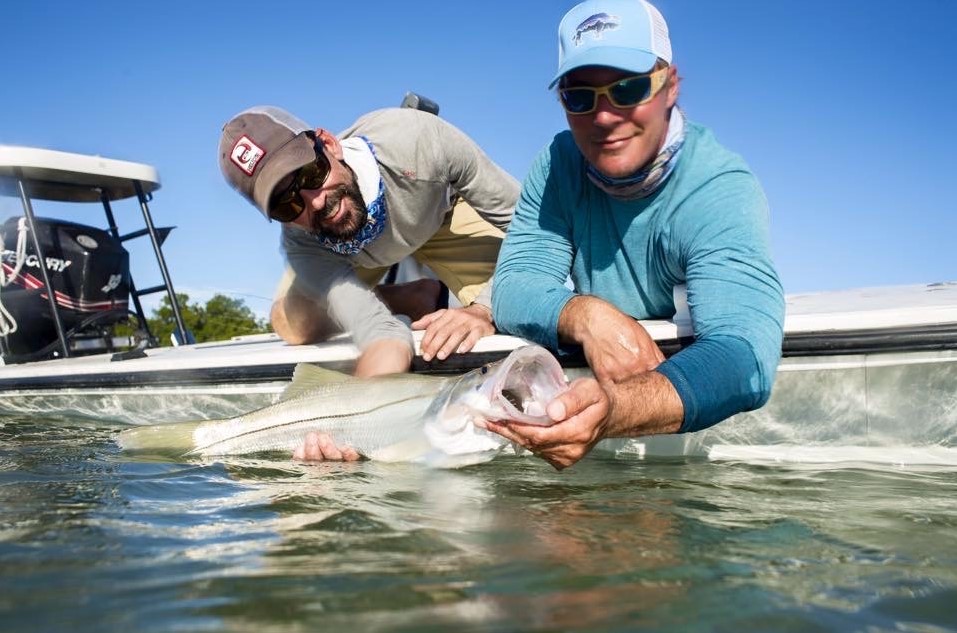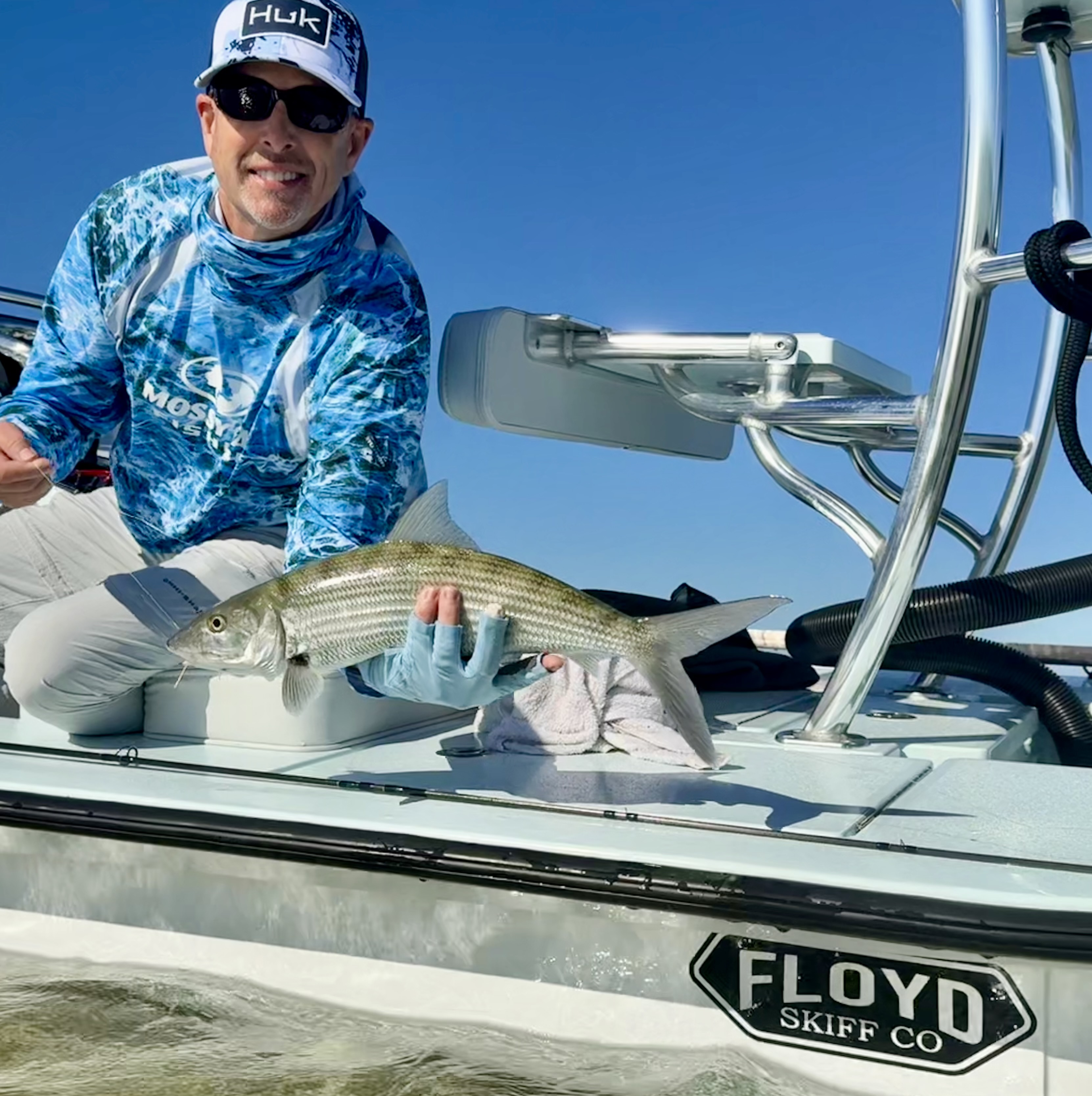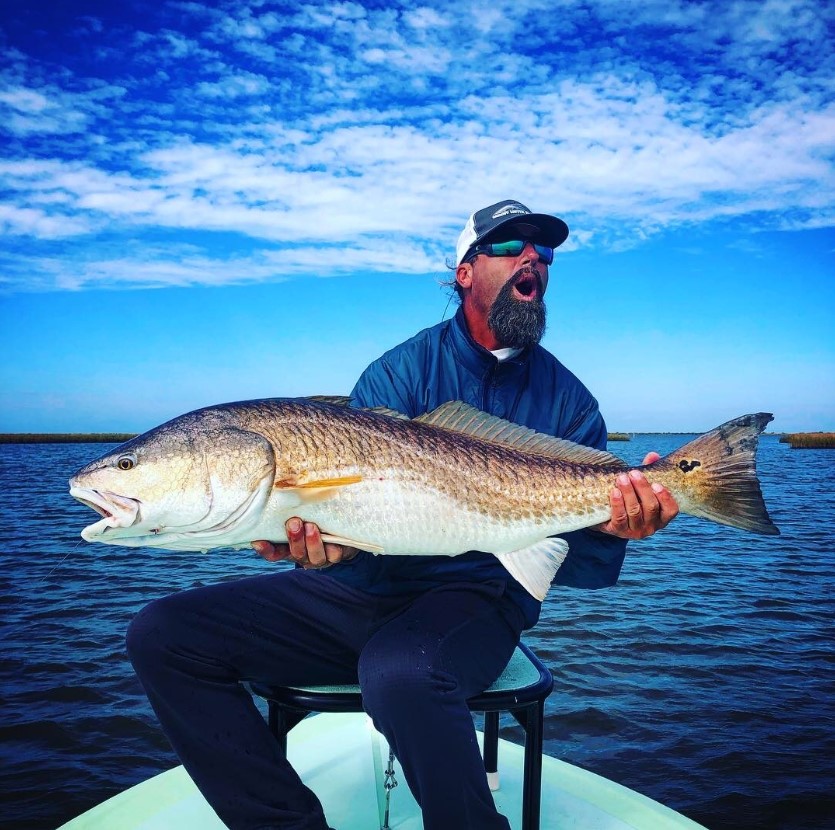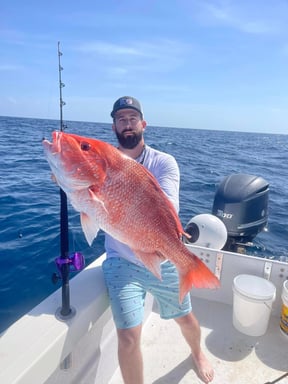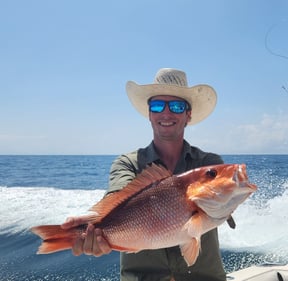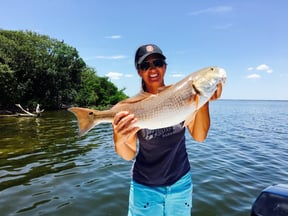Inshore, Nearshore, Flats in Tavernier
Sight Fishing Everglades Natl Park
Miami Peacock (4-8HR)
Lake Ida (4-8HR)
Inshore Fishing in Corpus Christi
Hook, Line & Memories Fishing Trip
Inshore, Nearshore Fishing in Clinton
5HR Trip PM Bottom/ Reef
Deep Sea Fishing in Kailua-Kona
Half Day Charter 4 Hours
Deep Sea Fishing in Puerto Vallarta
31 Ft Grady White Deep Sea Fishing
Inshore, Deep Sea Fishing in Cruz de Huanacaxtle
Luxury 40 Ft Yacht La Cruz
Deep Sea Fishing in Corral del Risco
5-8 Hour Offshore Trip
Inshore, Flats Fishing in Key West
4-8 Hour Inshore Fishing Trip
We started Captain Experiences to make it easy to book fishing and hunting guides around the world. With over 2,000 Damn Good Guides, our platform makes finding and booking a trip seamless. Head here to check out our trips.
The amount of salt changes depending on a variety of environmental factors. Heavy rains can lower salinity but some bays will always be saltier than others. Areas where rivers drain into the ocean will also naturally have lower salinity but some bays have little to no influx of freshwater. Evaporation increases salinity because it removes water and leaves the salt behind.
The salinity varies by body of water and is an important factor to consider when fishing. Salt levels impact everything from vegetation and fish behavior to corrosion on gear. Here’s what you need to know about salinity and fishing by looking at one of the saltiest coasts on earth.
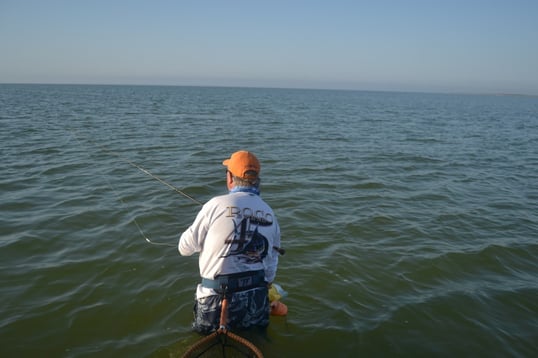
Salinity on The Texas Coast
Baffin Bay is famous for beautiful water, big fish, and wreaking havoc on gear. The water in Baffin Bay typically contains between 45 to 55 parts per thousand of salt but can range up to 92. The Gulf of Mexico sits at a consistent 32 parts per thousand of salt while some areas in Galveston Bay measure only 11.
With no freshwater inlets, rivers, or creeks to feed it, the salinity in baffin bay is trapped. The salinity also struggles to disperse into the nearby Laguna Madre due to minimal water exchange. These factors are what crown baffin bay as the saltiest bay in Texas.
For some fish, salinity plays a big role in where they eat and spawn. Speckled sea trout and redfish are two popular inshore species that reside in both high and low salinity. Redfish can be found from freshwater to saltwater because they only require high mineral content. Baffin Bay is famous for the population and size of speckled trout that call it home. Speckled trout and redfish live in both Galveston and Baffin Bay. Trout thrive in high salinity water while redfish only need mineral content and food.
Corrosion on Gear
Water with any amount of salinity will wear out metal given enough time. As the salinity increases the rate at which saltwater corrosion works its destructive magic also speeds up. Guides in highly saline areas from South Padre Island and Baffin Bay explain that reels, hooks, bearings, and anything short of being fully protected needs to be serviced or replaced on a monthly basis. Captain Mitch explains that even though “the reels I buy are quality, they only last me a season or two.”
These conditions also cause line guides, hooks, line, and various other tackle components to degrade more quickly. The corrosion damage caused by the high saline water goes beyond fishing tackle. The salt also takes its toll on boat hulls, motors, and any exposed metal fittings. Using freshwater to flush all of your gear from boat to tackle is crucial to the longevity of the equipment you rely on.
How Salinity Impacts Fish
Scientific research has been able to show some of the ways salinity levels affect fish. For many fish, species salinity plays an important role in reproduction and survival of young fish. Studies have also discovered that salinity also impacts the growth rate and metabolism of fish species. For some fish species, higher salinity is beneficial but for others, it’s incredibly detrimental.
In extreme examples like the speckled trout and redfish in Baffin Bay, the higher salinity is beneficial physically but it’s also uninhabitable for other species creating less competition for resources. Heavy rain lowers salinity directly but it also increases the flow of freshwater into the ocean. The changes in salinity caused by freshwater push fish to find areas with more preferable conditions which is typically further inland or further away from the source.
Joey Butrus
Updated on August 2, 2023
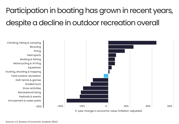
June 28, 2023
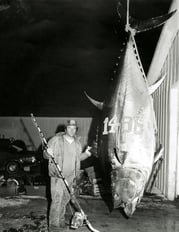
June 3, 2021
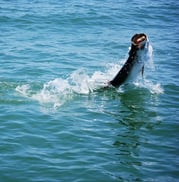
April 15, 2022

October 26, 2020
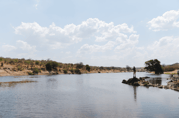
March 8, 2022
Related Articles
April 3, 2023
Featured Locations
- Fishing Charters Near Me
- Austin Fishing Guides
- Biloxi Fishing Charters
- Bradenton Fishing Charters
- Cabo San Lucas Fishing Charters
- Cancun Fishing Charters
- Cape Coral Fishing Charters
- Charleston Fishing Charters
- Clearwater Fishing Charters
- Corpus Christi Fishing Charters
- Crystal River Fishing Charters
- Dauphin Island Fishing Charters
- Daytona Beach Fishing Charters
- Destin Fishing Charters
- Fort Lauderdale Fishing Charters
- Fort Myers Fishing Charters
- Fort Walton Beach Fishing Charters
- Galveston Fishing Charters
- Gulf Shores Fishing Charters
- Hatteras Fishing Charters
- Hilton Head Fishing Charters
- Islamorada Fishing Charters
- Jacksonville Fishing Charters
- Jupiter Fishing Charters
- Key Largo Fishing Charters
- Key West Fishing Charters
- Kona Fishing Charters
- Lakeside Marblehead Fishing Charters
- Marathon Fishing Charters
- Marco Island Fishing Charters
- Miami Fishing Charters
- Montauk Fishing Charters
- Morehead City Fishing Charters
- Naples Fishing Charters
- New Orleans Fishing Charters
- New Smyrna Beach Fishing Charters
- Ocean City Fishing Charters
- Orange Beach Fishing Charters
- Panama City Beach Fishing Charters
- Pensacola Fishing Charters
- Pompano Beach Fishing Charters
- Port Aransas Fishing Charters
- Port Orange Fishing Charters
- Rockport Fishing Charters
- San Diego Fishing Charters
- San Juan Fishing Charters
- Sarasota Fishing Charters
- South Padre Island Fishing Charters
- St. Augustine Fishing Charters
- St. Petersburg Fishing Charters
- Tampa Fishing Charters
- Tarpon Springs Fishing Charters
- Venice Fishing Charters
- Virginia Beach Fishing Charters
- West Palm Beach Fishing Charters
- Wilmington Fishing Charters
- Wrightsville Beach Fishing Charters
